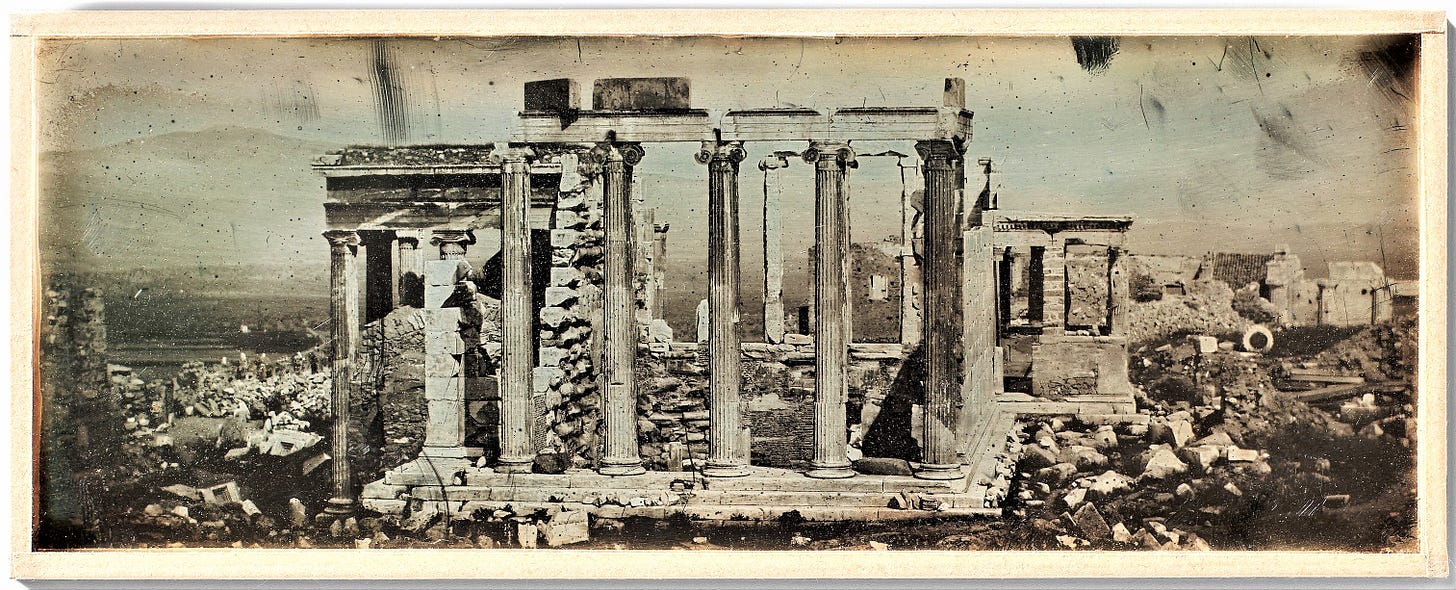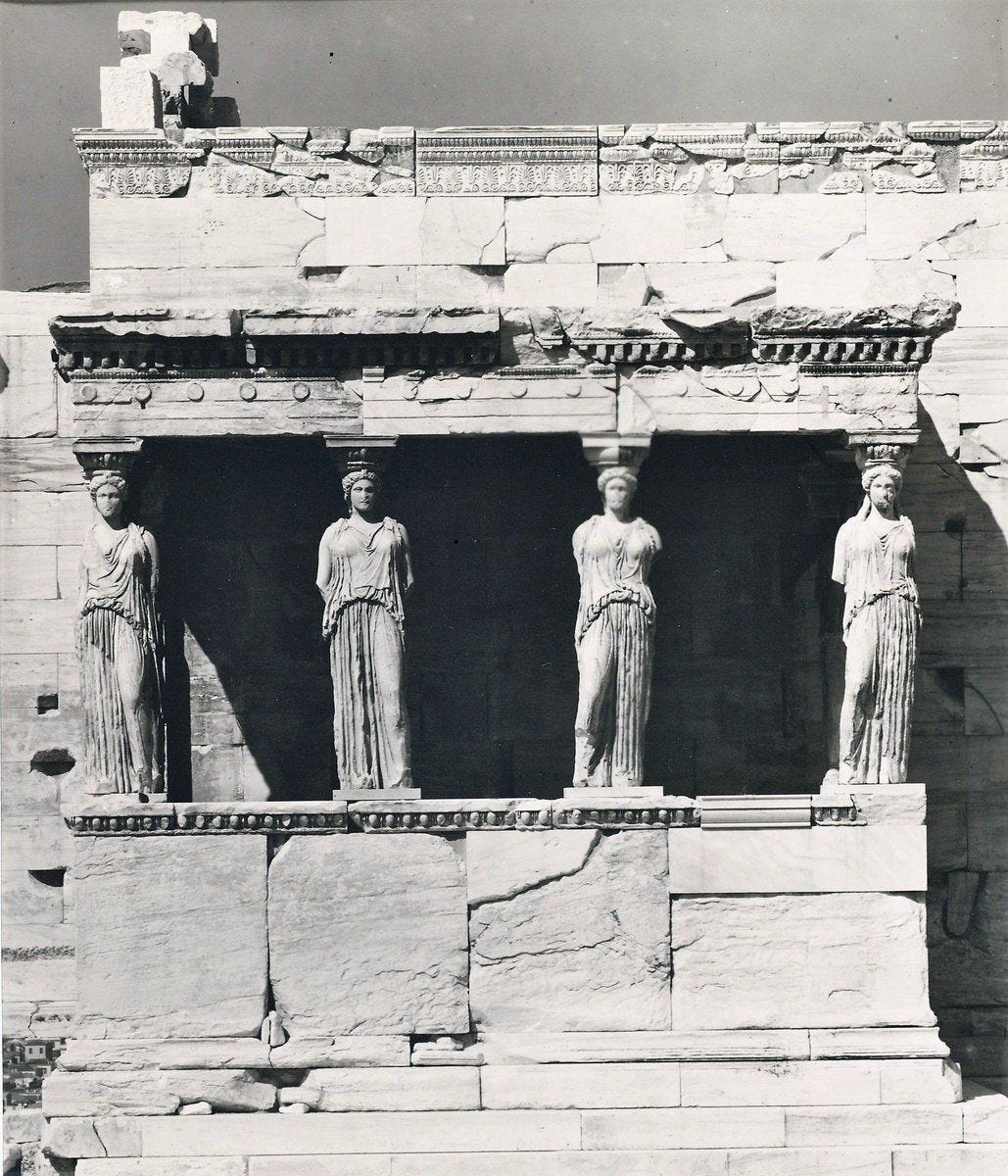One of my resolutions for this year was to stop lying to myself. “Think critically and for yourself. Have the courage of your convictions. Call things by their name, as you see them.” That’s what I wrote in my diary in December of last year.
I used to confuse “rational rumination” with intuition. I used to think a lot—a lot—about other people and their motivations, the many problems of the world, and myself and what kind of person I want to be. I thought I was being productive by thinking through these things with the clinical seriousness of a chemist. The reality is that I was working myself into twisted knots, losing myself in a great labyrinth of self-analysis and self-deception. If I think really hard about this I might figure it out. If I optimize myself and my choices just so, then I’ll be successful and happy. When I was alone, these patterns of thought took up most of my waking hours. It ended up being a pretty neurotic and self-centered way to spend my time, if I’m being honest with myself (which, as noted above, I am working on).

The older I get, the more I realize that what I may think in any given moment just doesn’t hold that much weight. Thoughts are fleeting; they change with the times. Sometimes they’re random or intrusive. Often they’re unproductive and based more on fear than love. We seek psychic security by thoroughly evaluating “all the choices,” but we feel less and less secure as a result. Follow your thoughts all day and you’ll be run ragged, darting left, right, center, and back again.
By contrast, your intuition is a deep, driving force that is unwavering and steady. It is the center of your truest and deepest self. It’s what is, not what needs convincing. Think about something, anything, that you know to be true. Your intuition is the solid feeling in your gut that says, “Yes, that’s right.” It feels clear, calm, connected. Though it’s relatively easy to find, it is hard to stick with. Most of modern life is designed to get you out of your deepest self and into your head, where you are more vulnerable to anxiety (the grease between the wheels of technocratic capitalism).
The beauty of our intuition is that it will not lie to us. The inescapable horror of our intuition is that we may not like what it tells us. That’s where rumination and the so-called experts come in to “help”: the what ifs, the maybes, the so-and-so-told-mes all swirl around in a great cloud that obscures what we know to be true.
Ironically, the things that have caused me to ruminate the most—that have created the most mental anguish—are the things that I knew most intuitively.





